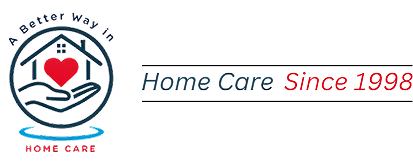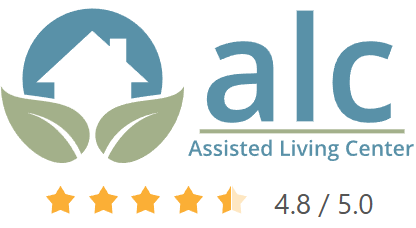As we age, our bodies often require additional support to maintain optimal health, leading many elderly individuals to turn to dietary supplements. These supplements, which can include vitamins, minerals, and other nutrients, are intended to bolster health where the diet may fall short.
However, while they offer potential benefits, their impact on older people’s health is not always straightforward, and professionals in Westwood, experienced in senior care, know this very well. This blog explores the nuanced roles that dietary supplements can play in the lives of older adults, examining both the benefits and the challenges they may face when incorporating supplements into their daily regimen.
What problems might older adults encounter with dietary supplements?

Dietary supplements can sometimes pose unique challenges for older adults. One major concern is the risk of interactions between supplements and prescribed medications. Many older adults manage chronic conditions with medication, and certain supplements can alter drug efficacy or lead to adverse reactions. For instance, vitamin K can reduce the effectiveness of blood thinners, which could pose serious health risks.
Additionally, the body’s ability to absorb and utilize nutrients efficiently can decline with age, affecting how well dietary supplements are metabolized. This might require some dosage adjustments that aren’t always well-documented on standard labels, which can lead to potential overconsumption or underconsumption. Overconsumption of fat-soluble vitamins like A, D, E, and K, for example, can lead to toxicity.
Finally, the regulatory environment for dietary supplements is less strict than for pharmaceuticals, which may result in inconsistencies in product quality and potency. Without stringent standards, the elderly might consume products that don’t contain the advertised levels of nutrients, or worse, contain harmful contaminants.
Why might an elderly person benefit from taking a supplement?
Despite these challenges, there are compelling reasons why dietary supplements might be beneficial for elderly individuals. As the digestive system ages, it becomes less efficient at extracting nutrients from food, leading to potential nutritional deficiencies that can impact overall health and vitality, from cardiovascular health to better and healthier sleep patterns.
Supplements can help fill these gaps, ensuring that the elderly receive the essential nutrients they need. Vitamin D, for example, is critical for bone health and is commonly recommended for older adults to help maintain bone density and reduce the risk of fractures, particularly as natural synthesis decreases with reduced sun exposure and aging skin.
Moreover, certain supplements are known to support cognitive function and may slow the progression of age-related mental decline. Omega-3 fatty acids, vital for brain health, have been shown to help preserve memory and cognitive functions, potentially reducing the risk of neurodegenerative diseases like Alzheimer’s.
B vitamins also play a crucial role in energy production and neurological functions, aiding in the maintenance of nerve health and preventing fatigue, which is especially beneficial in enhancing the quality of life for the elderly.
In addition to these, supplements such as calcium and magnesium support muscle and nerve function, further adding to the daily comfort and mobility of elderly individuals. If they integrate the right supplements into their diet, your elderly loved one can address specific health concerns, boost their immune system, and enjoy a more active, fulfilled life.
Where in Westwood and the surrounding area can I find high-quality senior care?

At A Better Way In Home Care, we understand the unique needs of the elderly. The dedicated caregivers we connect you with can assist in managing and integrating the supplements into your daily care routine. What’s more, they also offer help with medication and consistent hydration reminders, light housework, cooking, walks, personal grooming, bathing, and anything else your elderly loved one might need, all in the comfort of their own home.
Whether the house is close to Royce Hall or in another part of Westwood, we have the right pros for you. If you or your elderly loved one could benefit from professional caregiving in your own space, contact us today to discuss how we can support this journey toward a healthier, fuller life.








